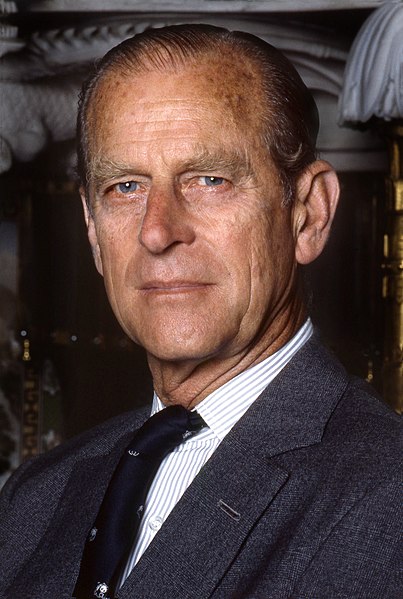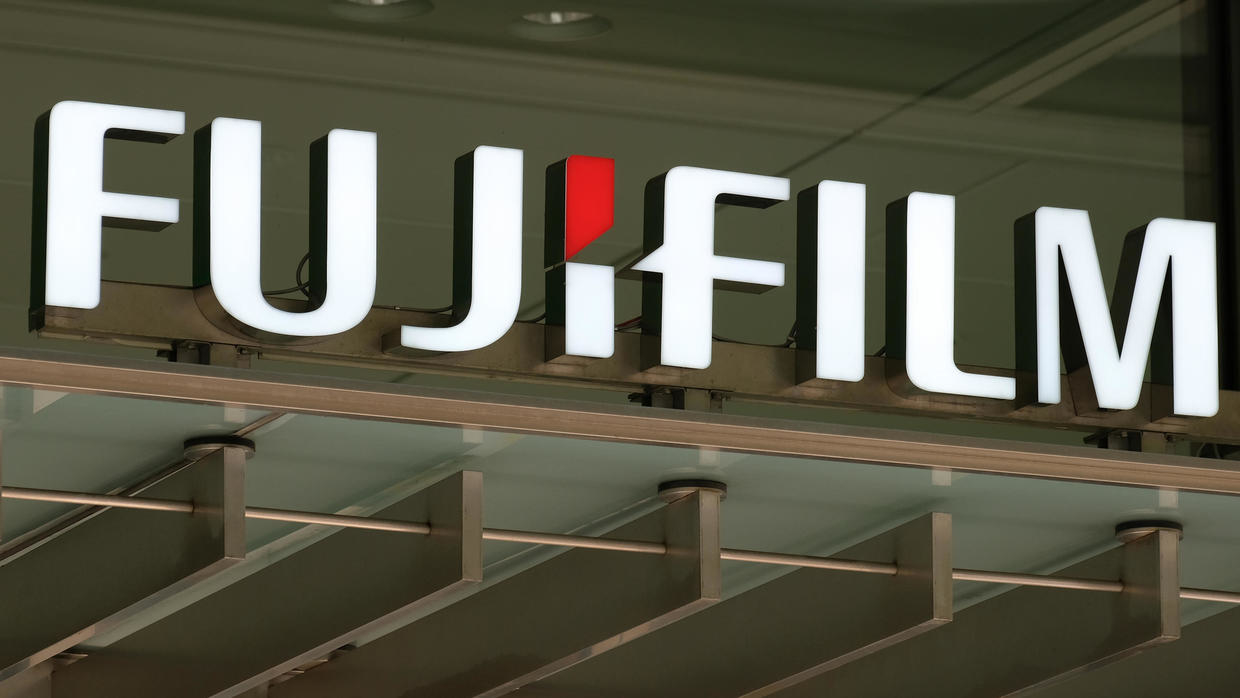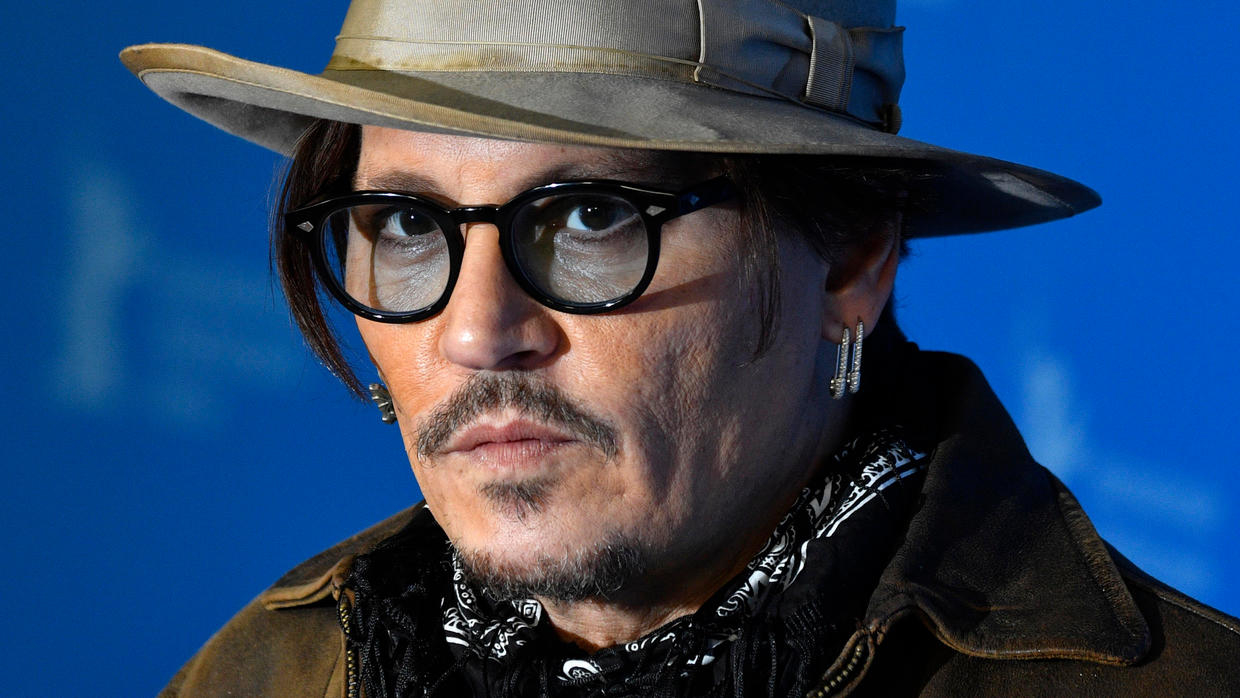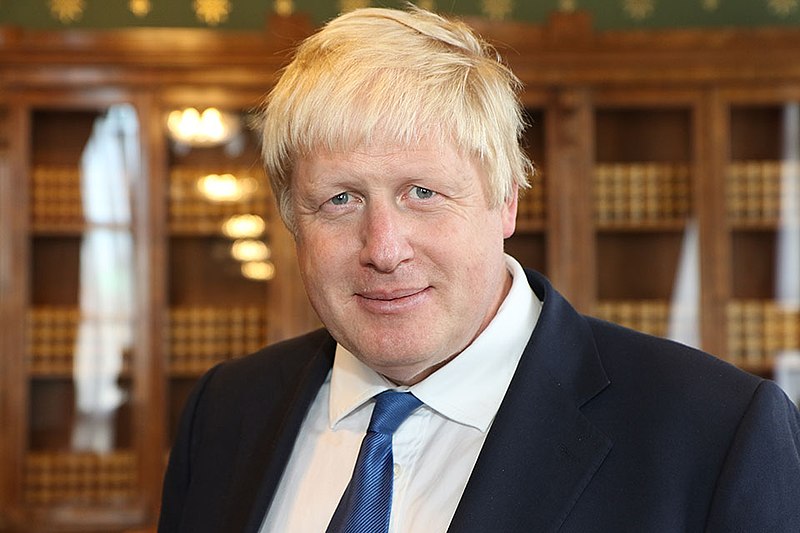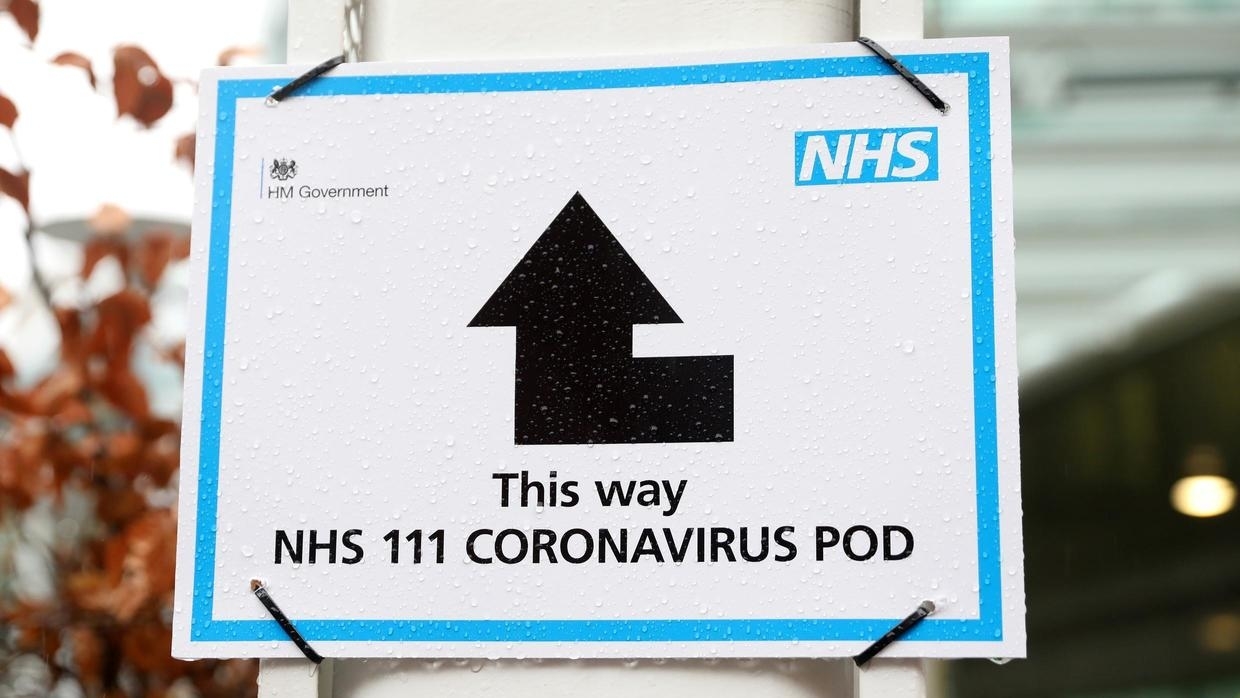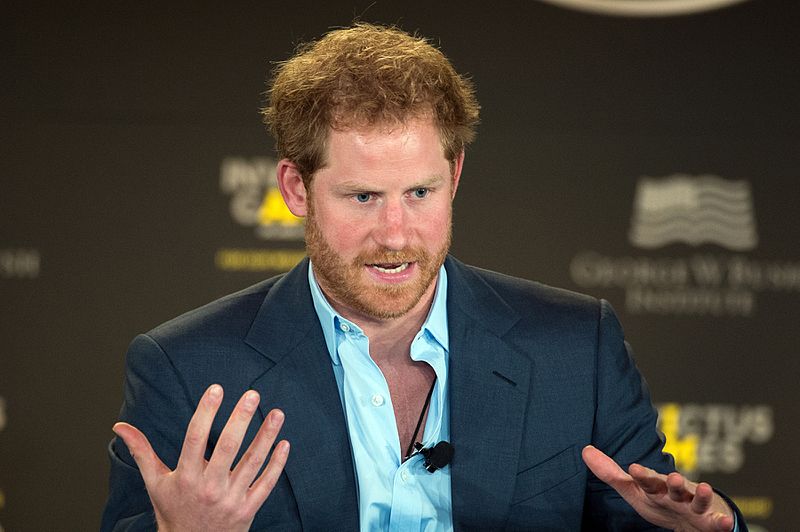
The former deputy head of MI6, Nigel Inkster, has raised concerns about the UK's intelligence capabilities in dealing with escalating threats from China, citing "industrial-scale cyber espionage
operations" directed against advanced Western nations. Inkster pointed to the Cameron government's efforts to foster friendlier relations with China in 2015, which he believes contributed to MI6's challenges.
During that time, the UK government spoke of a 'golden era' of UK-China relations, with former Prime Minister David Cameron even hosting a state visit for Chinese President Xi Jinping. Inkster stated that MI6 "clearly has difficulties" in handling the Chinese threat, highlighting a lack of language expertise and collective awareness within the UK intelligence community, which includes MI5 and GCHQ.
In contrast to Cameron's approach, the current Sunak government has adopted a tougher stance on China, distancing itself from the 'golden era' strategy. Prime Minister Boris Johnson emphasized that Cameron's return as foreign secretary did not imply a continuation of the previous approach.
In a bid to counter China's increasing influence, MI6 has dedicated more resources to understanding the intentions and capabilities of the Chinese government than any other mission, according to Sir Richard Moore, the head of MI6. Despite these efforts, Inkster warned that the current resources may not be sufficient to counter Beijing's capabilities.
He acknowledged ongoing efforts to address deficiencies within the intelligence community, with significant resources being allocated. Inkster highlighted the importance of the new National Security Act, which he believes will facilitate the prosecution of Chinese spies, replacing an outdated Official Secrets Act derived from World War I. However, he noted that improvements would take time to materialize. Photo by Chatham House, Wikimedia commons.





























